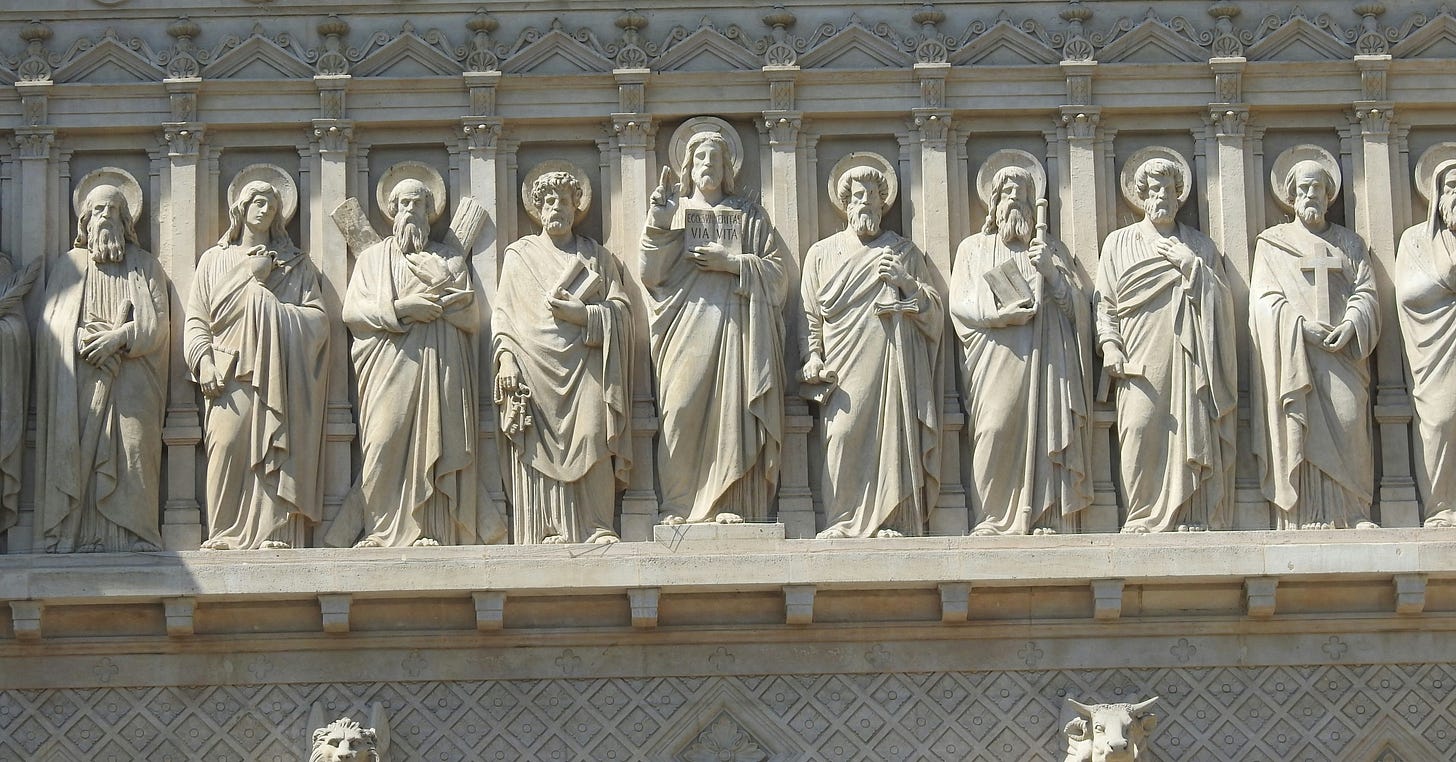The Invitation of The Creed
How the Apostle's Creed invites us into belief, belonging and living
At my church, we have recently begun preaching through the Apostle’s Creed, taking one line at a time and exploring the theological depth of each of these short, foundational statements of the Christian faith. Below is the basic text of my sermon introducing the series and the creed. The preaching text was John 14:1-14.



